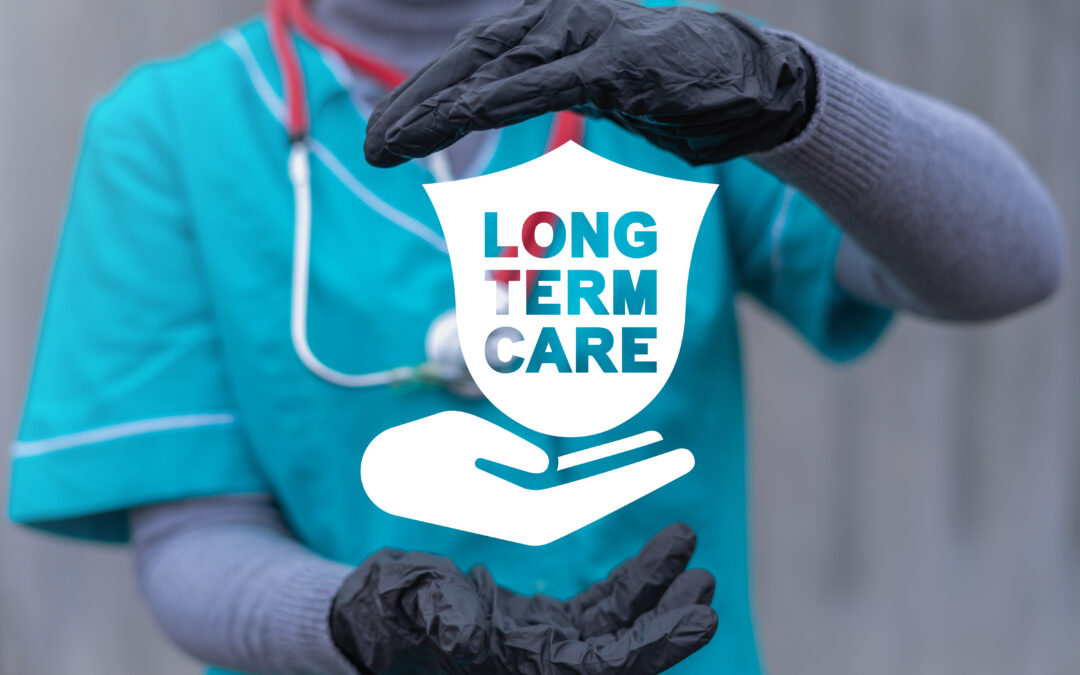History/Timeline
In 2019, the governor signed the Long-Term Services & Support (LTSS) Trust Act, which established the WA Cares Fund, which is a mandatory long-term care insurance benefit administered by the State of Washington for workers in Washington State. Premiums, in the form of payroll deductions, were to begin January 1, 2022, to start funding this new benefit, however amongst scrutiny and concerns expressed from the people of Washington State, as well as Long-Term Care insurance carriers and others, the planned premiums were halted and delayed until July 1, 2023, allowing the legislature to do a further review of the law and pass reforms to address coverage gaps and issues raised.
July 1, 2023, Premium Deductions To Begin
As of today, these mandatory premiums are set to begin again on July 1, 2023, for anyone who has not yet received an exemption. Washington employers or employers of Washington based employees, are required to report employees’ wages and hours and pay premiums every quarter—unless there were no experienced payroll expenses during that quarter. The collection of premiums is done in the same manner as the WA Paid Family Medical Leave (WAPFML) to the Employment Security Department (ESD).
Calculating Premiums
The premium for 2023 is 0.58 percent of an employee’s gross wages, so:
- Gross Wages x 0.0058 = premium for employee
ESD has provided an updated premium calculator, which is available to assist employers and workers in determining the premium amounts for both WA Cares and WAPFML.
Don’t forget: Unlike WAPFML, premium contributions for WA Cares are not capped at the taxable maximum for social security.
Exemptions
There are three exemptions that have been identified that allow an employee to be exempt from this mandatory premium/payroll tax:
- Private Insurance Opt-Out: Those who had private long-term care insurance on or before November 1, 2021, were able to apply for an exemption from the WA Cares Fund from October 1, 2021, until December 31, 2022. This opt-out provision is no longer available. This exemption is permanent.
- Permanent Exemption: Those who are veterans with a 70% or higher service-connected disability, may apply for a permanent exemption.
- Conditional Exemption based on Individual Status: Beginning January 1, 2023, individuals may qualify for a conditional exemption if they are:
-
- Employed by a WA employer but their primary and permanent residence is outside of WA State;
- Temporarily working in WA on a nonimmigrant visa;
- A spouse or registered domestic partner of an active-duty military member.
If a workers’ status changes, as outlined below, they will no longer qualify for this exemption:
-
- They changed their permanent residence to within Washington.
- Their immigration status changes, and they become a permanent resident.
- Their spouse is separated from military service, or the marriage/partnership is dissolved.
Tracking Employee Exemptions
It’s the employee’s responsibility to apply and – if approved – to notify you (the employer) and provide a copy of their approval letter from ESD.
While the Private Insurance Opt-Out and Permanent Exemptions outlined above are permanent and individuals cannot opt back into the WA Cares Fund, those with Conditional Exemptions may become ineligible for that exemption as described above. It is the employee’s responsibility to notify you, the employer, of any changes to their exemption status and failure to do so can result in required back-payment of premiums and additional penalties. Employees are required to notify ESD of a status change related to their conditional exemption within 90 days of the change.
Once notified of an employee’s exemption, you are required to:
- Maintain a copy of the employee’s exemption approval letter on file; and
- Not deduct WA Cares premiums from exempt workers.
Please note: Approval letters provided by ESD will list an effective date. Exemptions will become effective the following quarter that an employee receives an exemption.
Contact us today if you need help with this requirement or anything HR-related. We have curated resources to assist you and your employees to better understand this new payroll premium and the changes made in 2022. Download the WA-Cares-Toolkit-Calendar and check out the WA Cares Act links below.

